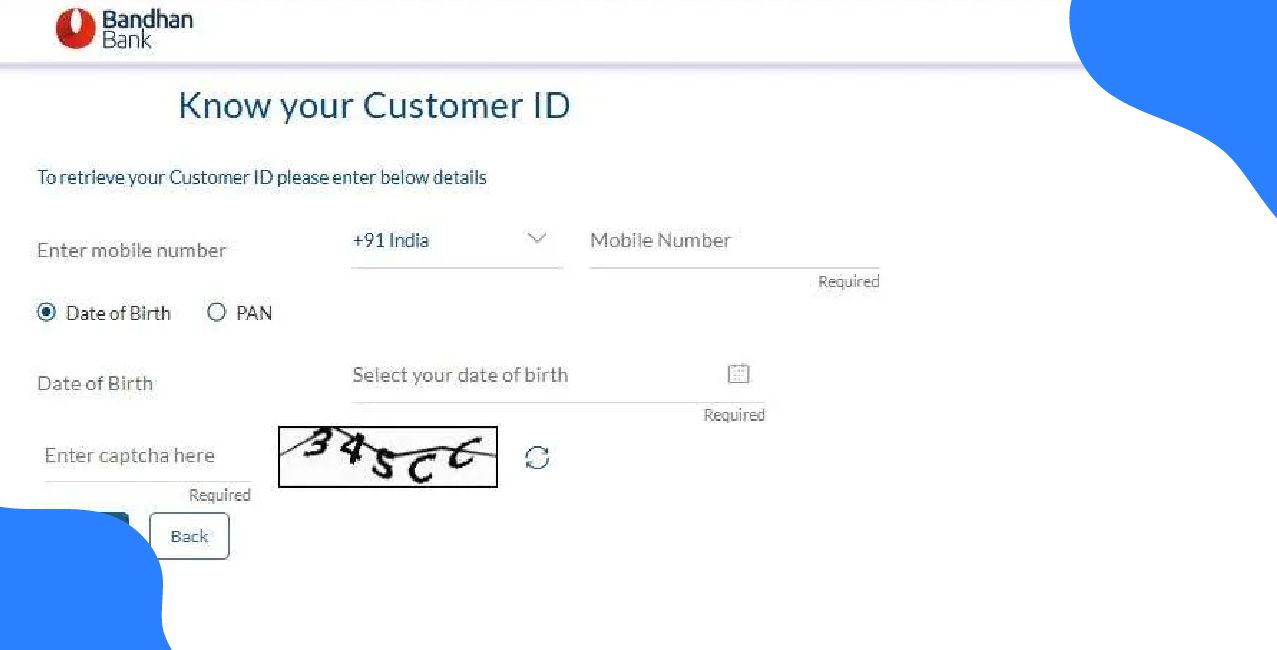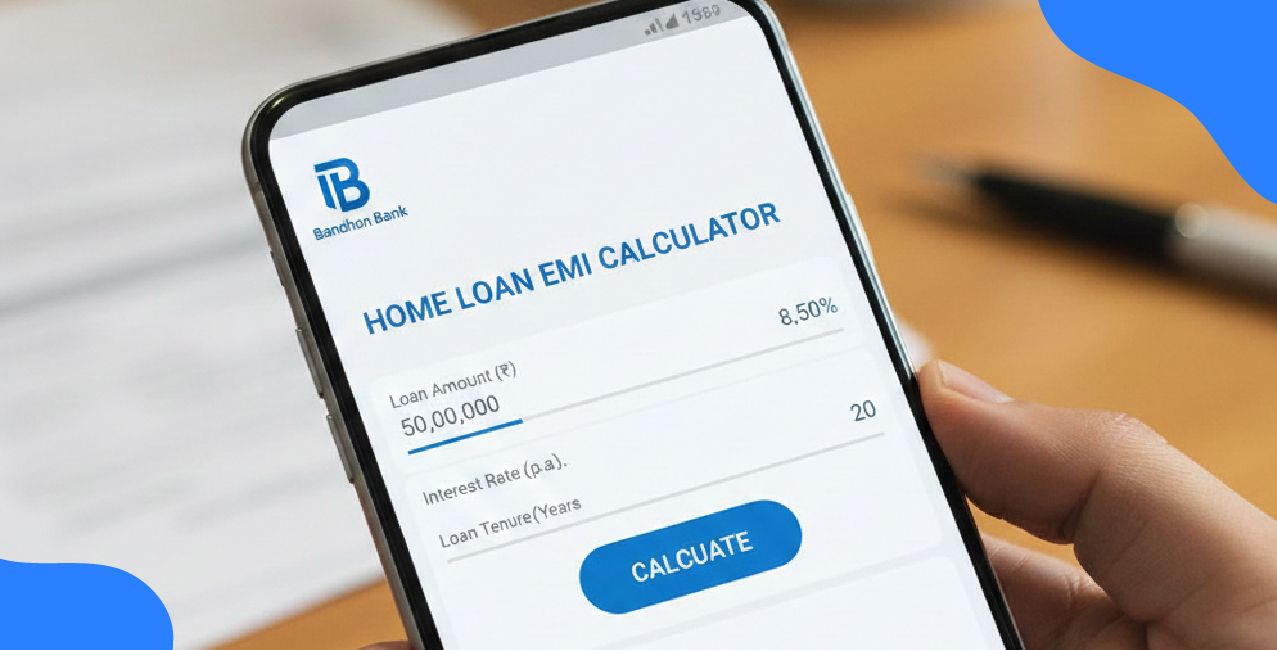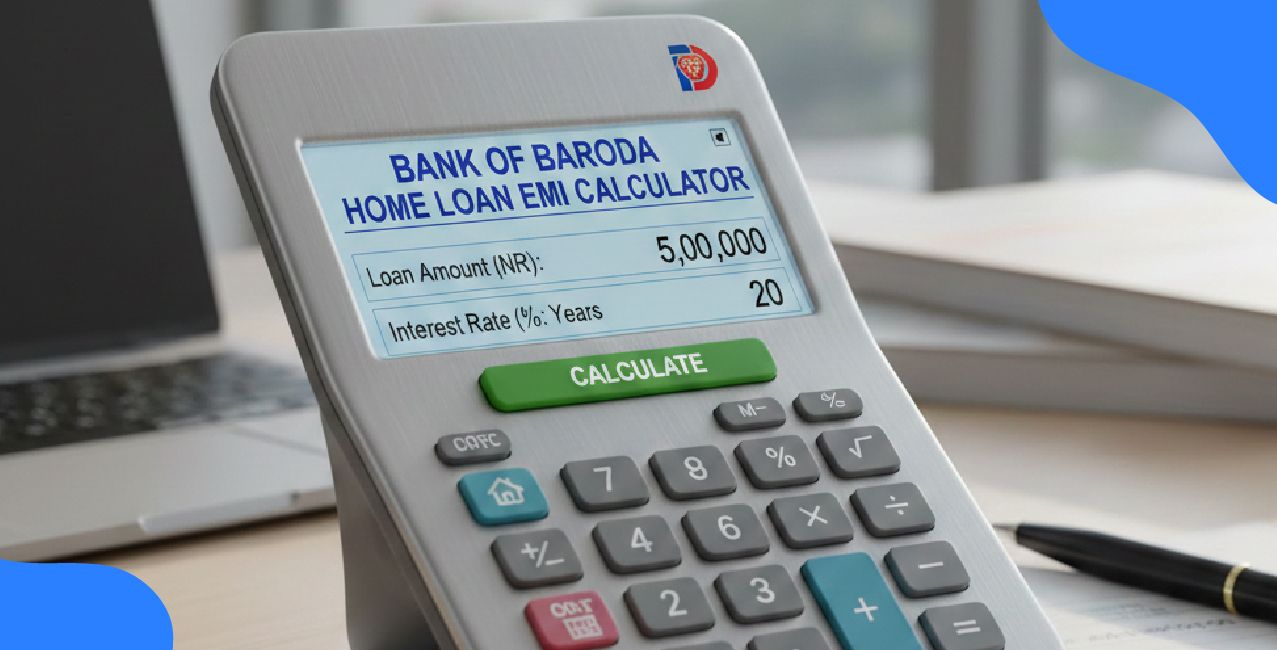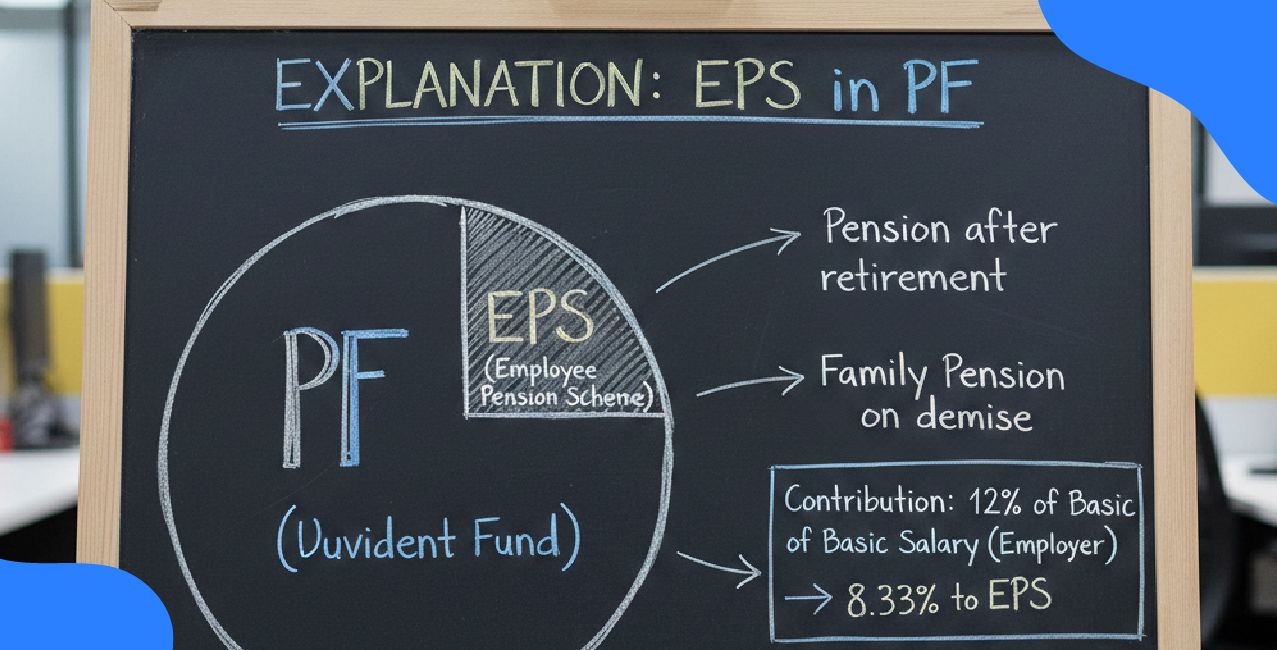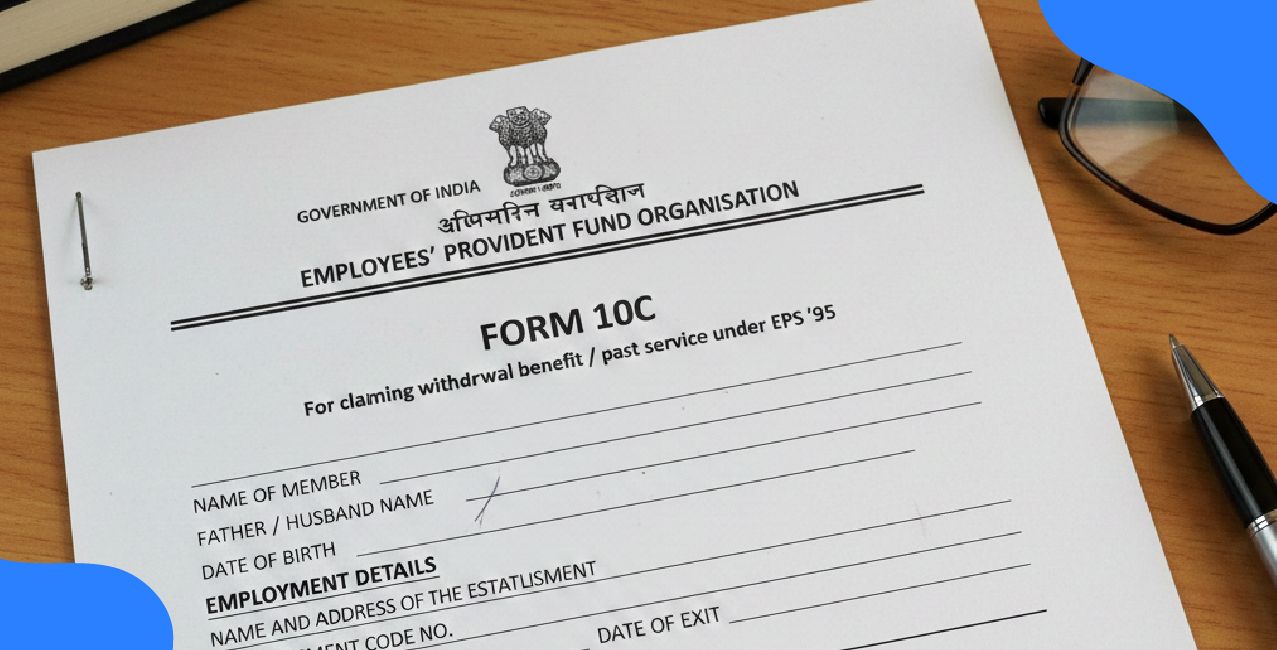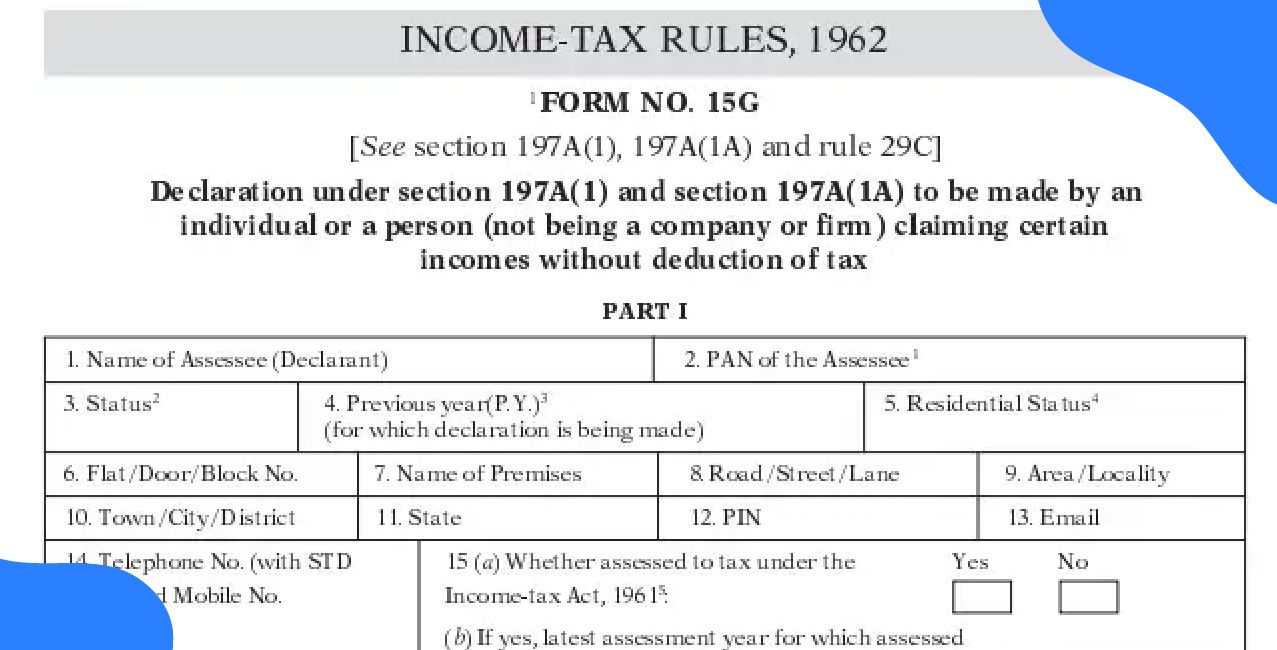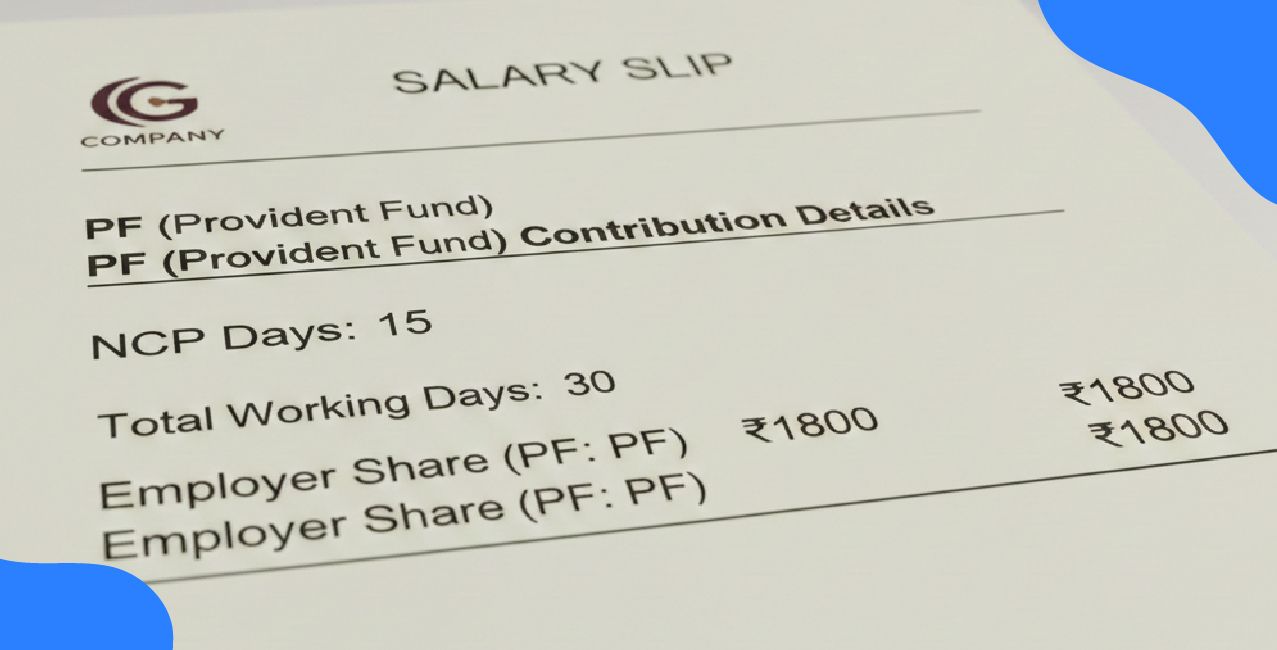GST on Tea – Rates, Impact on Prices & Supply Chain

Check Your Loan Eligibility Now
By continuing, you agree to LoansJagat's Credit Report Terms of Use, Terms and Conditions, Privacy Policy, and authorize contact via Call, SMS, Email, or WhatsApp
Meet Ravi, a small tea seller from Darjeeling who runs a modest tea shop that serves local customers and tourists. Recently, Ravi bought 100 kg of loose green tea from a wholesale distributor at ₹250 per kg, totalling ₹25,000.
Under GST rules, tea, whether loose or packed, is taxed at a uniform 5%. So Ravi pays ₹1,250 as GST on this purchase, bringing his total procurement cost to ₹26,250.
When Ravi resells this tea, he needs to account for the GST he paid, along with his margin, to set the right price. If he maintains proper GST records and is registered, he can also claim input tax credit.
This simple example shows how even small traders like Ravi benefit from understanding GST. By learning the rules, they can stay compliant, avoid penalties and price their products competitively in the market.
GST on Tea – A Short Introduction
Since the introduction of the Goods and Services Tax (GST) in India on 1st July 2017, various sectors have undergone significant tax restructuring. The tea industry, a vital part of India’s agricultural and export economy, is no exception.
Tea is taxed under Chapter 9 of the HSN (Harmonised System of Nomenclature), which deals with coffee, tea, mate, and spices. Whether it’s black, green, or flavoured tea, most varieties fall under a uniform GST rate of 5%, without any cess.
While GST has streamlined the tax process and made logistics smoother, it has also introduced complexities in classification, packaging and input credit, especially for tea businesses that handle multiple product formats.
Different Categories of Tea with Price Range and Applicable GST Rate:
Type of Tea | Price Range | Applicable GST Rate |
Loose Green Tea | ₹100 – ₹1000 per kg | 5% |
Packed Green Tea (≤ 3kg) | ₹120 – ₹1500 per kg | 5% |
Bulk Green Tea (> 3kg) | ₹90 – ₹900 per kg | 5% |
Premium Matcha Tea | ₹1000 – ₹4000 per kg | 5% |
Tea Bags (Black or Green) | ₹150 – ₹300 per 100g pack | 5% |
Dust Tea in Bulk | ₹80 – ₹500 per kg | 5% |
Flavoured Herbal Tea | ₹300 – ₹1200 per kg | 5% |
Example: If you sell 10 kg of premium matcha tea at ₹2000/kg, the total is ₹20,000. GST 5% adds ₹1,000. So, the invoice amount
becomes ₹21,000. Whether the tea is loose, in bricks, or in tea bags, the GST rate remains uniform at 5%.
HSN Codes for Tea – Types of Tea with Their Respective HSN Codes
Here’s a comprehensive list of HSN codes for various tea categories and packaging:
HSN Code | Description | GST Rate (%) | Effective Date |
902 | Tea, whether or not flavoured | 5% | 01/07/2017 |
9021010 | Green Tea (≤ 25g packs) | 5% | 01/07/2017 |
9021020 | Green Tea (>25g & ≤1kg) | 5% | 01/07/2017 |
9021030 | Green Tea (>1kg & ≤3kg) | 5% | 01/07/2017 |
9021090 | Green Tea – Other (≤ 3kg) | 5% | 01/07/2017 |
9022010 | Green Tea in Packets (>3kg & ≤20kg) | 5% | 01/07/2017 |
9022020 | Green Tea in Bulk | 5% | 01/07/2017 |
9022030 | Agglomerated Green Tea (ball, brick, tablets) | 5% | 01/07/2017 |
9022040 | Green Tea Waste | 5% | 01/07/2017 |
9022090 | Other Green Tea (not fermented) | 5% | 01/07/2017 |
9023010 | Black Tea ≤25g | 5% | 01/07/2017 |
9023020 | Black Tea >25g ≤1kg | 5% | 01/07/2017 |
9023030 | Black Tea >1kg ≤3kg | 5% | 01/07/2017 |
9023090 | Black Tea – Other (≤3kg) | 5% | 01/07/2017 |
9024010 | Black Tea in Packets (>3kg ≤20kg) | 5% | 01/07/2017 |
9024020 | Black Tea – Leaf in Bulk | 5% | 01/07/2017 |
9024030 | Black Tea – Dust in Bulk | 5% | 01/07/2017 |
9024040 | Tea Bags | 5% | 01/07/2017 |
9024050 | Agglomerated Black Tea (ball, brick, tablets) | 5% | 01/07/2017 |
9024060 | Black Tea Waste | 5% | 01/07/2017 |
9024090 | Other Black/Partly Fermented Tea | 5% | 01/07/2017 |
Example: A brand selling tea bags under HSN 9024040 worth ₹5,000 will apply 5% GST. That’s ₹250 as tax, making the invoice value ₹5,250.
Types of Tea and Their GST Applicability:
Type of Tea | Packaging | HSN Code | GST Rate |
Green Tea (Loose) | Bulk Pack | 9022020 | 5% |
Green Tea (≤3kg Pack) | Retail Pouch | 9021010–9021030 | 5% |
Black Tea (Dust) | Bulk Sack | 9024030 | 5% |
Matcha (Premium) | 50g–1kg Jar | 9021090 | 5% |
Flavoured Herbal Tea | Retail Box | 9022090 | 5% |
Tea Bags | Retail Pouch | 9024040 | 5% |
Agglomerated Tea Bricks | Brick or Tablet Form | 9022030/9024050 | 5% |
Example: If a seller provides agglomerated tea bricks worth ₹12,000, the 5% GST will amount to ₹600. The total cost charged to the buyer becomes ₹12,600.
Impact of GST on the Tea Industry:
GST brought clarity and consistency to the tea sector. Before its implementation, tea was taxed differently across states, with VAT (0–6%), CST (1%), and entry tax (1%), leading to compliance hassles and price differences.
Now, all tea types, green, black, loose, packed, or bagged, attract a flat 5% GST, simplifying trade and taxation nationwide.
Example: Before vs After GST
Ramesh, a tea trader in Assam, sold tea worth ₹1,000.
Pre-GST taxes: VAT (₹20), CST (₹10), Entry Tax (₹10) = ₹40
Post-GST: 5% GST = ₹50
However, under GST, Ramesh can claim input tax credit, reducing his real tax outgo and improving profit margins.
Impact Summary:
Uniform 5% rate across India
Easier interstate trade
Reduced tax-on-tax via ITC
Transparent pricing, especially for exporters
Input Tax Credit (ITC) on Tea:
Under GST, tea manufacturers and sellers can claim credit for GST paid on business inputs like packaging, transport, and machinery, if sold to registered buyers.
Example:
Aroma Tea Factory spends:
Packaging: ₹10,000 + GST (₹1,800)
Machinery: ₹20,000 + GST (₹3,600)
Total Input GST = ₹5,400
It sells tea worth ₹1,00,000, collecting 5% GST = ₹5,000.
By claiming ITC:
GST payable = ₹5,000 - ₹5,400 = ₹0
₹400 credit can be carried forward or claimed as a refund
ITC reduces tax burden and boosts efficiency in pricing and operations.
Conclusion
Tea is a daily essential for millions and a booming industry for thousands. The 5% GST rate on all tea types, whether loose, bagged, or flavoured, has brought uniformity and ease of compliance. With the right knowledge of HSN codes and ITC eligibility, tea manufacturers, wholesalers, and retailers can optimise their pricing and maximise profitability.
If you understand how GST impacts each step in your tea business journey helps you stay ahead in a highly competitive market. Whether you are sourcing matcha from Japan or selling local Darjeeling blends, keep GST in check to pour success into every cup.
FAQs
Q1. What is the GST rate on tea in India?
A. The GST rate on all types of tea (green, black, matcha, etc.) is 5%.
Q2. Does the packaging size affect the GST rate on tea?
A. No. Whether the packaging is under or above 3kg, the GST remains 5%.
Q3. What is the HSN code for green tea?
A. Green tea falls under HSN codes 9021010 to 9022090 based on packaging type and weight.
Q4. Can a tea seller claim input tax credit?
A. Yes, if they are a registered GST taxpayer and sell B2B, they can claim ITC on packaging, logistics, and raw materials.
Q5. Is GST applicable to herbal and flavoured tea?
A. Yes. GST at 5% is applicable on all flavoured and herbal teas as well.
Other Important GST Pages | ||||
About the author

LoansJagat Team
Contributor‘Simplify Finance for Everyone.’ This is the common goal of our team, as we try to explain any topic with relatable examples. From personal to business finance, managing EMIs to becoming debt-free, we do extensive research on each and every parameter, so you don’t have to. Scroll up and have a look at what 15+ years of experience in the BFSI sector looks like.
Subscribe Now
Related Blog Post
Recent Blogs
All Topics
Contents
Quick Apply Loan
Consolidate your debts into one easy EMI.
Takes less than 2 minutes. No paperwork.
10 Lakhs+
Trusted Customers
2000 Cr+
Loans Disbursed
4.7/5
Google Reviews
20+
Banks & NBFCs Offers
Other services mentioned in this article


